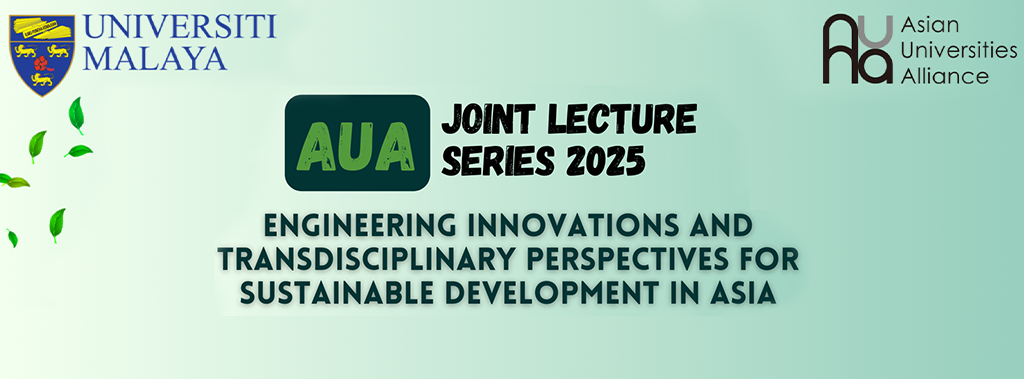Theme:
Green Agriculture and Transportation: Kazakhstan Steps to Tackle Climate Change
Professor: Associate Professor Mehdi Bagheri, School of Engineering and Digital Sciences, Department of Electrical and Computer Engineering, Nazarbayev University
Date: 24 November 2022 (Thursday)
Time: 18:00-19:30 (UTC+8)
Summary:
Professor Mehdi Bagheri first introduced some basics to help students understand climate change. He first mentioned the greenhouse effect. The temperature of the Earth has been rising in recent years due to the continuous emission of greenhouse gases such as CO2 and CH4. The rising temperature of the Earth has brought various disasters to both human beings and nature. Next, the professor explained two main measures to reduce greenhouse gas emissions: emission trading scheme (ETS) and carbon tax initiatives. Both measures have their advantages and disadvantages. Then the professor introduced the current international agreement and policy: UNFCCC, Sustainable Development Goals, and the Paris Agreement.
During the second part, Prof. Mehdi Bagheri presented available data on GHG emissions. He also discussed the current environmental protection policy in Kazakhstan. He also discussed Kazakhstan's carbon neutrality strategy. By 2030 Kazakhstan plans to reduce its carbon emissions by 15%. At the same time, the professor also argued that Kazakhstan's green potential is massive and needs to be considered.
In the last part, the professor described Kazakhstan's steps to tackle climate change. He first introduced green agriculture. Green agriculture ensures the sustainability of agriculture through a complete set of devices. Next, the professor introduced green transportation. The foundation of green transport is green energy. In this regard, the professor mainly introduced electrical energy and wind energy. Simulation of the wind power system demonstrated the capability of the system to overcome the excess air drag and supply a certain amount of electricity to the load as well. The design of a solar energy system for moving trains recoups its initial cost in a decade, whereas it takes almost 8 years to return the money spent on the implementation of the solar system on the canopies at the train station in Kazakhstan. Besides, ecological and economic assets that might be gained as a result of the reduction of greenhouse gas emissions and fuel economy are significant. In addition to the reduction of greenhouse gas emissions, the realization of the wind and solar system ensures the shortest payback period and has given positive feedback on the feasibility of the proposed renewable energy implementations.
(The summary is written by student assistant LI Zhiyue.)
*The views and opinions expressed in this lecture series are those of the guest lecturers. They do not purport to reflect the opinions or views of the AUA or its members or its Secretariat.

